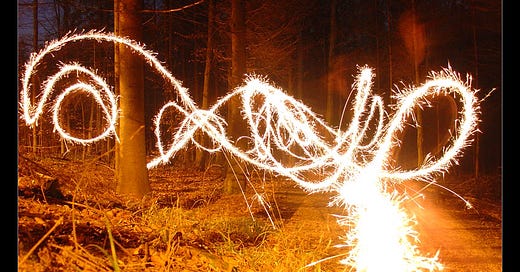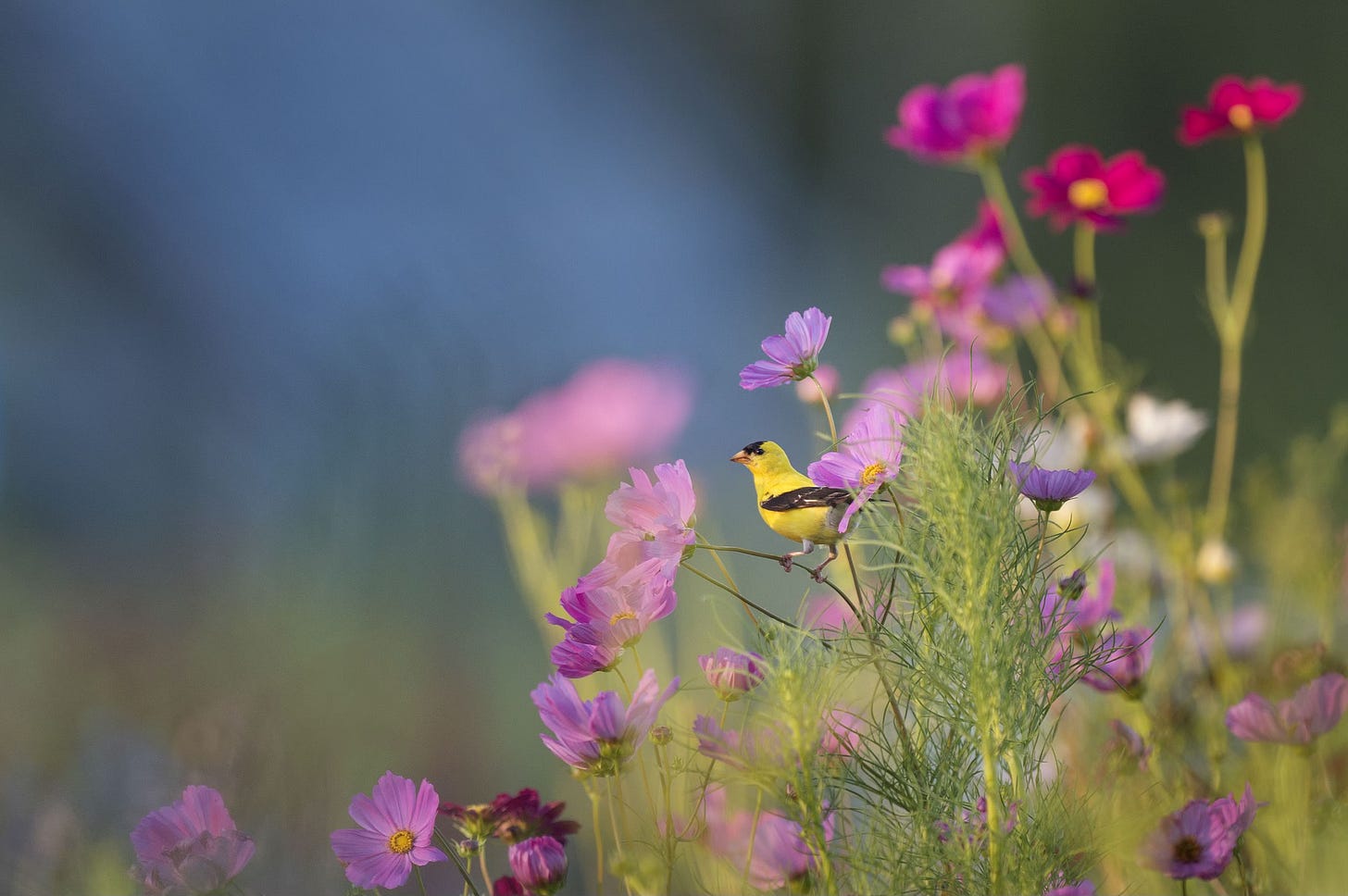Note: You can start reading here or anywhere and then go back if you like. Come in the middle? Robert is the narrator who discovers after his wife Lena has died that she had a lover, Isaac. Evan is Isaac’s wife. Robert is on a search for how he lost her: He’s creating the story through memory, invention and a search for the truth and his role in what happened—and by stalking Isaac. Evan and Lena have been outside talking about Isaac’s case: a skeleton of a baby found in the attic of house after it had been sold.
And then, the baby pillow brought me to Evan, Isaac’s wife, and bound us, me and Evan, in an unlikely partnership I could never have imagined.
Here’s what happened: Soon after I walked into Lena’s sick room, saw the way Isaac brushed the hair from her forehead, the pillow appeared. Lena held it under her breast. Lena told me Evan had given it to her.
It was the baby pillow, Evan’s gift, that did it—I see that now—that opened the story: Lena’s story, Isaac and Lena’s story, Evan’s story, and mine.
So back to it: We’re in the garden—where Isaac will build Evan’s greenhouse—or will it be Isaac’s?—right where the two women are now standing, chatting like old friends.
“Yeah, that’s an odd one. Three old women.” Evan would take Lena’s arm. “But they’re all dead, right? So it’s not much of a case. After the kick of talking things over with the cops—You know, ‘Well, whaddya think, Doc?’—I think it’s pretty much routine for him. Come on. Stay for dinner?”
“We could guess what happened.” That’s what she’d done, ever since Isaac had told her, tried to guess.
“Quite a story,” Evan said, “when you start thinking about it. He hasn’t said much about it. But it doesn’t take much speculation to come up with something. Three old maids, sisters, he said, and then there’s a baby. We’ll ask him how it’s going at dinner. And if you’re right that something’s on his mind—”
Lena interrupted, “Sure, but you know what must have happened.”
“Yeah, so long ago? Has to be the old out-of-wedlock story.”
“And what’s your take on that?”
“You mean which of the old maids?”
Lena didn’t know what she meant. “I guess, sure.”
“Well, it would have been the youngest, don’t you think, the pretty one, who got pregnant? Maybe she lost the baby and they had to hide it or worse—maybe the older ones forced some awful late-term miscarriage on her or she did it to herself. Golly, it’s kind of morbid when you think about it.”
Lena knelt, held the petals of a poppy in her hand, and the petals dropped off, onto the ground. “The way a blossom drops.” She’d drifted into the psalm she’d taken to heart from the Scrolls.
“I love the way you put that.”
And again, she wondered what she’d said. “I’m not making any sense.”
“Of course you are.”
“No. I should go. I’m distracted. Your flowers, they’re so lovely.”
“Lena, I’m sappy like a school girl about them. The petals fall and I get weepy over them and think about when I was young, picking flowers, playing the ‘he-loves-me-loves-me-not’ game.”
“When we were young and foolish and full of hope.”
“Yeah, exactly.”
“And we made wishes with petals, on stars.” Lena saw a field of flowers and colors, greens and browns and reds and yellows, fallen petals, leaves. Lost in colors and wordplay: ripening grapes, fallen. Dreamed and forgotten. Chicanery and shame. She said, “And then we wake like from a dream and something’s missing.”
“Because we can’t quite remember.”
“Yes, I guess.”
She often told me her dreams full of light, water, sun. Here’s one I can’t forget. She’d been searching for her white shorts that she thought fit and made her still look fit, not old, the way she felt at times. She searched in a yellow wood armoire and then a bureau, finding the small ironing board that was her mother’s, a sleeve board that her mother used when she sewed. Her mother had had it so long she’d had to recover it with a new piece of cloth and even that piece had dulled with years of pressing seams and basted cuffs. Yet when Lena woke, she was sure the dream was about sun and sea but couldn’t remember, as if the pleasure slid away with the morning light and all that remained was a sleeve board out of context.
*
“Come in,” Evan said. “I’ll cook.”
“Oh, I have to get home. I can’t stay.”
They went in and Evan stopped in the kitchen to arrange the flowers she’d gathered as evening came, red poppies, delicate like Lena’s thin arms and hands.
Evan is larger than Lena was, taller and shapelier, full-bosomed. Her long dark hair is often pulled back from her face, golden from her work in the garden. Again, she took Lena’s arm, the arm of the woman who was her husband’s lover. Nothing about Evan’s shape, the soft round of her shoulders when she bent to cut her stems, reminds me of fire.
Lena went to find Isaac, who now had glasses and ice, the bottle of vodka, orange juice. He handed Lena her vodka, no rocks, as she knew he would.
Lena said, “Here’s a quote for you: ‘She came to me in her beauty’ ”
From that psalm she’d memorized, the one that’s not in the Bible, but in the Scrolls, translated by a scholar who’d had the task of reading the fragile pages, of deciphering passages, piecing fragments together, its longing, hidden in the Qumram caves. Hidden, like the two of them—on the brink of disaster.
Next: Evan — prose 5
Table of Contents
Love,










Again, the beautiful imagery around the pieces of delicate scrolls that workers try to fit into meaning, paralleling the characters trying to find something in all the pieces of their relationships. Love it.
So much simultaneous kinship and subterranean tension between these women!